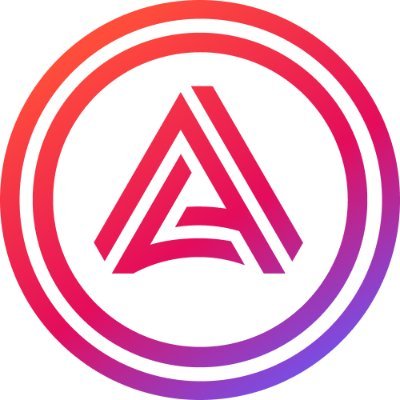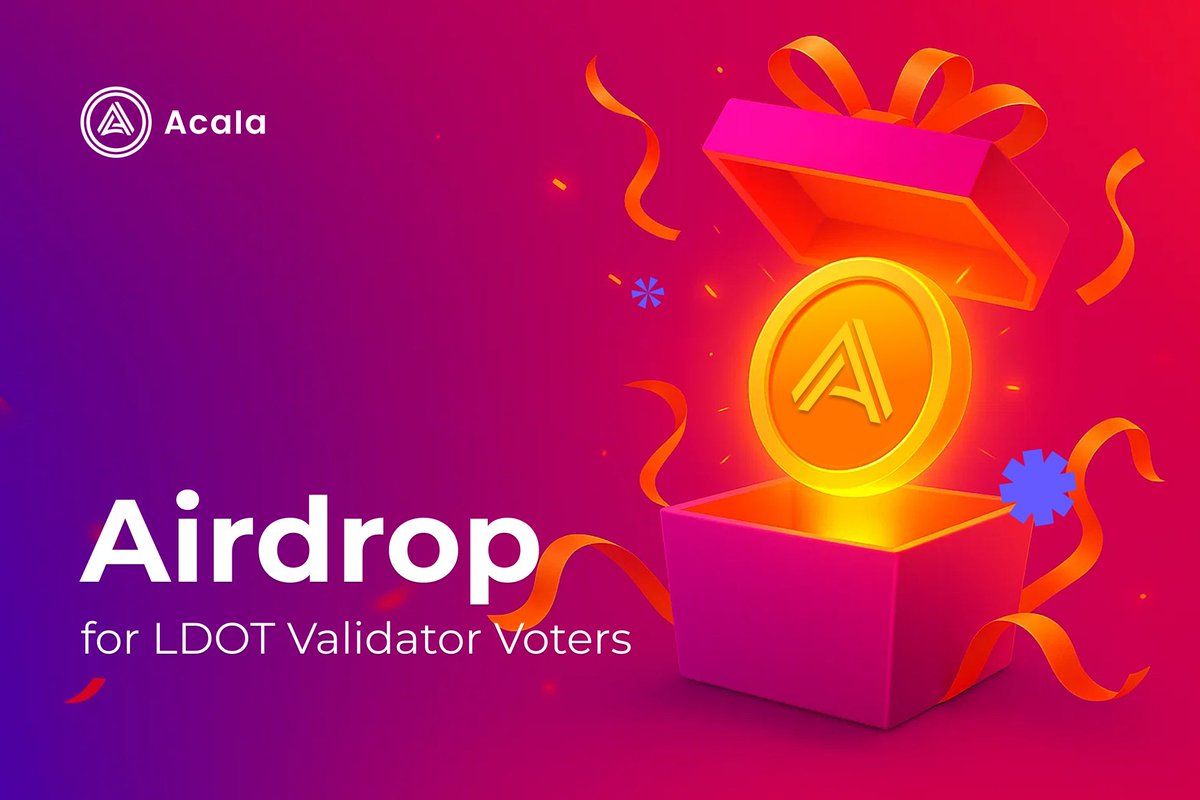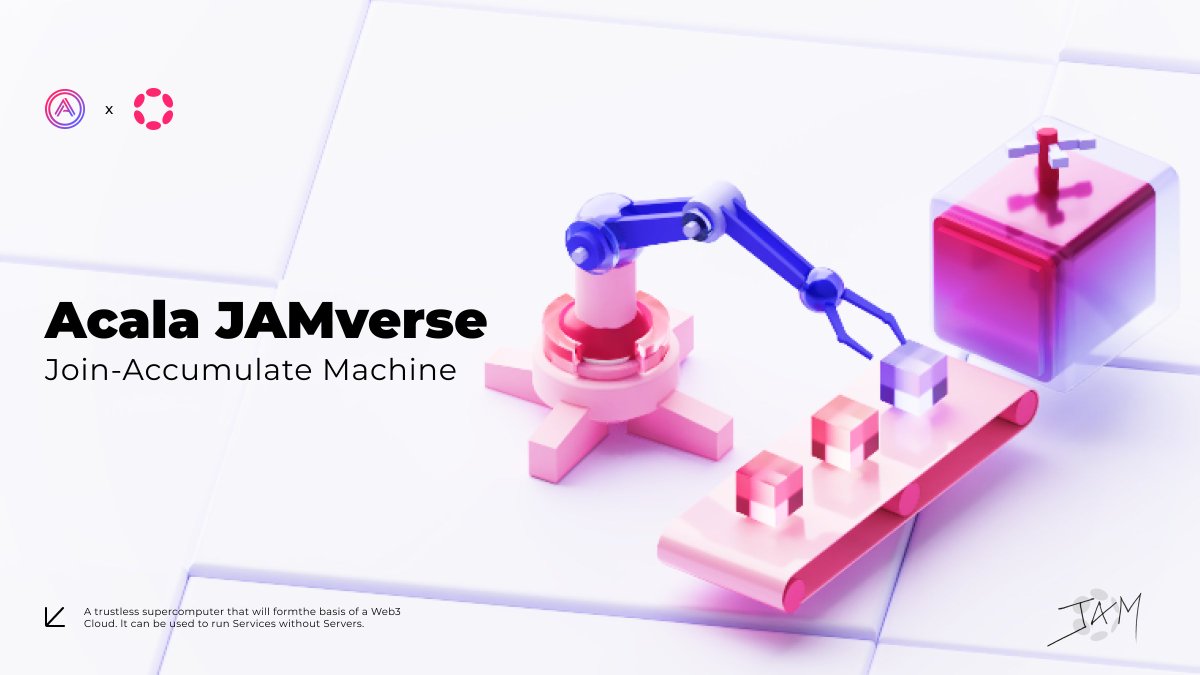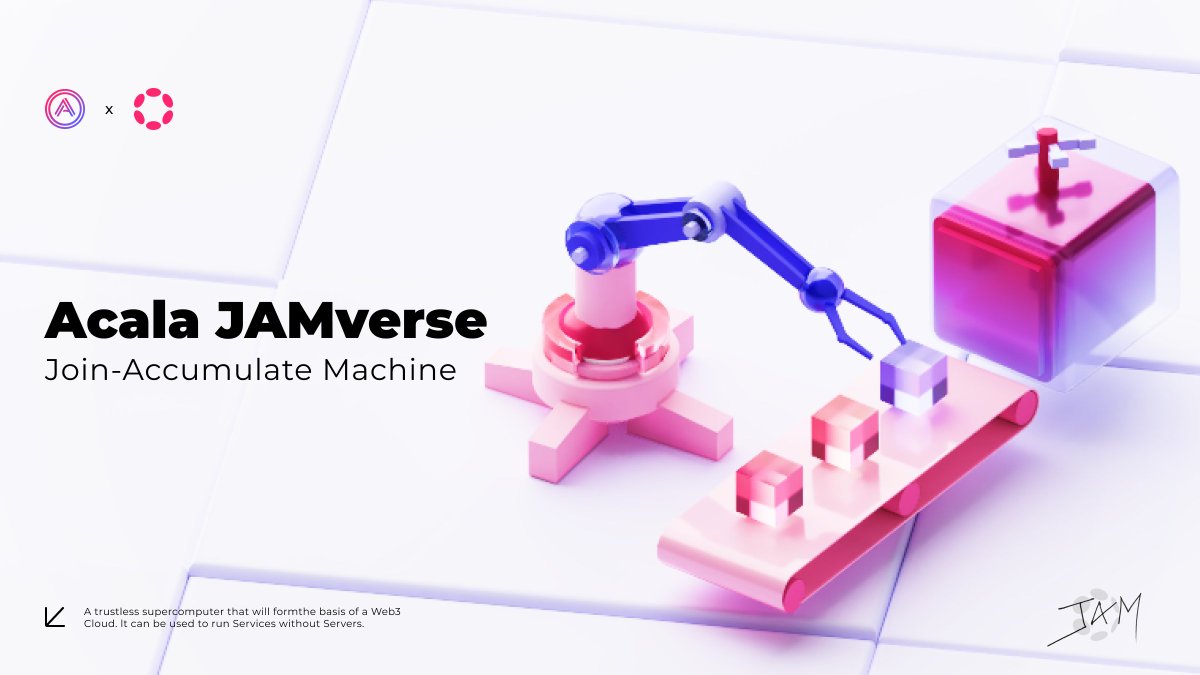Acala price
in EURCheck your spelling or try another.


About Acala
Disclosures
Acala risk
This material is for informational purposes only and is not exhaustive of all risks associated with trading Acala. All crypto assets are risky, there are general risks in investing in Acala. These include volatility risk, liquidity risk, demand risk, forking risk, cryptography risk, regulatory risk, concentration risk & cyber security risk. This is not intended to provide (i) investment advice or an investment recommendation; (ii) an offer or solicitation to buy, sell, or hold crypto assets; or (iii) financial, accounting, legal or tax advice. Profits may be subject to capital gains tax. You should carefully consider whether trading or holding crypto assets is suitable for you in light of your financial situation. Please review the Risk Summary for additional information.
Investment Risk
The performance of most crypto assets can be highly volatile, with their value dropping as quickly as it can rise. You should be prepared to lose all the money you invest in crypto assets.
Lack of Protections
Crypto assets are largely unregulated and neither the Financial Services Compensation Scheme (FSCS) nor the Financial Ombudsman Service (FOS) will protect you in the event something goes wrong with your crypto asset investments.
Liquidity Risk
There is no guarantee that investments in crypto assets can be easily sold at any given time.
Complexity
Investments in crypto assets can be complex, making it difficult to understand the risks associated with the investment. You should do your own research before investing. If something sounds too good to be true, it probably is.
Concentration Risk
Don't put all your eggs in one basket. Putting all your money into a single type of investment is risky. Spreading your money across different investments makes you less dependent on anyone to do well. A good rule of thumb is not to invest more than 10% of your money in high-risk investments.
Five questions to ask yourself
- Am I comfortable with the level of risk? Can I afford to lose my money?
- Do I understand the investment and could I get my money out easily?
- Are my investments regulated?
- Am I protected if the investment provider or my adviser goes out of business?
- Should I get financial advice?
Acala’s price performance
Acala on socials



Guides

Acala FAQ
Acala is a comprehensive decentralized finance (DeFi) network operating on the secure Polkadot platform. It provides diverse cross-chain financial applications, enabling activities such as swaps, staking, self-service loans, and more.
Acala offers users a wide spectrum of decentralized banking solutions. Within its ecosystem, users can engage in cryptocurrency trading through its decentralized exchange (DEX), access loans, generate passive income from staking and liquidity provision, and explore various other financial opportunities.
Easily buy ACA tokens on the OKX cryptocurrency platform. OKX’s spot trading terminal includes the ACA/USDT trading pair.
You can also swap your existing cryptocurrencies, including XRP (XRP), Cardano (ADA), Solana (SOL), and Chainlink (LINK), for ACA with zero fees and no price slippage by using OKX Convert.
Dive deeper into Acala
In the ever-evolving realm of decentralized finance (DeFi), the surge of 2020 brought global access to decentralized banking. Acala recognized the need to adapt and embarked on a journey to become the cross-chain financial cornerstone of Polkadot. Offering a diverse array of financial instruments, Acala has swiftly emerged as a key DeFi player on Polkadot, with its growing community of 178,000 account holders poised to expand further as it continues to redefine DeFi's landscape.
What is Acala
Acala is a comprehensive DeFi ecosystem within the Polkadot network, fortified by the security of the underlying blockchain. This platform encompasses an array of cross-chain financial applications, earning it the reputation as the DeFi hub within the Polkadot ecosystem. At its core, Acala introduces a decentralized exchange (DEX) powered by an automated market model (AMM), enabling users to partake in trading activities while also offering the opportunity to stake DOT tokens through their Homa platform. In addition to the DEX, Acala further introduces the Honzon stablecoin protocol, enhancing the platform's versatility and expanding its offerings for users seeking robust and reliable DeFi solutions.
The Acala project team
Founded in October 2019 by Ruitao Su, Bette Chen, Bryan Chen, and Antonia Chen, Acala shares its roots with Laminar, a trailblazing Ethereum-based platform that powers margin and synthetic asset trading. The turning point came when they met Fuyao Jiang, creator of PolkaWallet, during a Substrate Hackathon in China. This encounter marked the inception of the Acala network.
How does Acala work
Acala boasts a diverse range of services within its ecosystem. Functioning as a decentralized financial hub for Polkadot with Ethereum Virtual Machine (EVM) compatibility, Acala seamlessly integrates both DOT-based and Ethereum-based assets and decentralized applications (dApps). Central to Acala is its AMM-based DEX, Acala Swaps, offering a comprehensive suite of DeFi services.
Beyond the DEX, Acala features two critical protocols enhancing Polkadot's stability and liquidity: Honzon and Homa. Honzon drives the stablecoin protocol, anchored by the US dollar-pegged stablecoin aUSD. This stablecoin is backed by a collateralized debt positions (CDP) system, utilizing assets like Polkadot (DOT), Bitcoin (BTC), or Ethereum (ETH) for security.
Homa, on the other hand, is Acala's staking platform. When staking participants stake DOT, they are awarded the equivalent amount of LDOT which remains liquid and tradable across all platforms. LDOT can be swapped back into DOT at anytime by its holders.
Acala’s native token: ACA
ACA is Acala Network’s native cryptocurrency, primarily serving as the network’s governance token. Launched in January 2022, the token has a max and total supply of 1 billion units.
ACA token use cases
ACA has several use cases, with the main one being governance. This means that by owning it, users gain the right to vote on various proposals involving the project. Apart from that, ACA is also used in staking, as a medium of exchange, and as an incentive for nodes.
Distribution of ACA
ACA is distributed as follows:
- 11.66 percent: Project’s backers
- 18.33 percent: Early investors
- 20.25 percent: Founding team
- 34 percent: Liquidity program and auction reserve
- 5 percent: Ecosystem development
- 10.76 percent: Foundation’s reserve
Disclaimer
OKX does not provide investment or asset recommendations. You should carefully consider whether trading or holding digital assets is suitable for you in light of your financial condition. Please consult your legal/tax/investment professional for questions about your specific circumstances. For further details, please refer to our Terms of Use and Risk Warning. By using the third-party website ("TPW"), you accept that any use of the TPW will be subject to and governed by the terms of the TPW. Unless expressly stated in writing, OKX and its affiliates (“OKX”) are not in any way associated with the owner or operator of the TPW. You agree that OKX is not responsible or liable for any loss, damage and any other consequences arising from your use of the TPW. Please be aware that using a TPW may result in a loss or diminution of your assets. Product may not be available in all jurisdictions.





